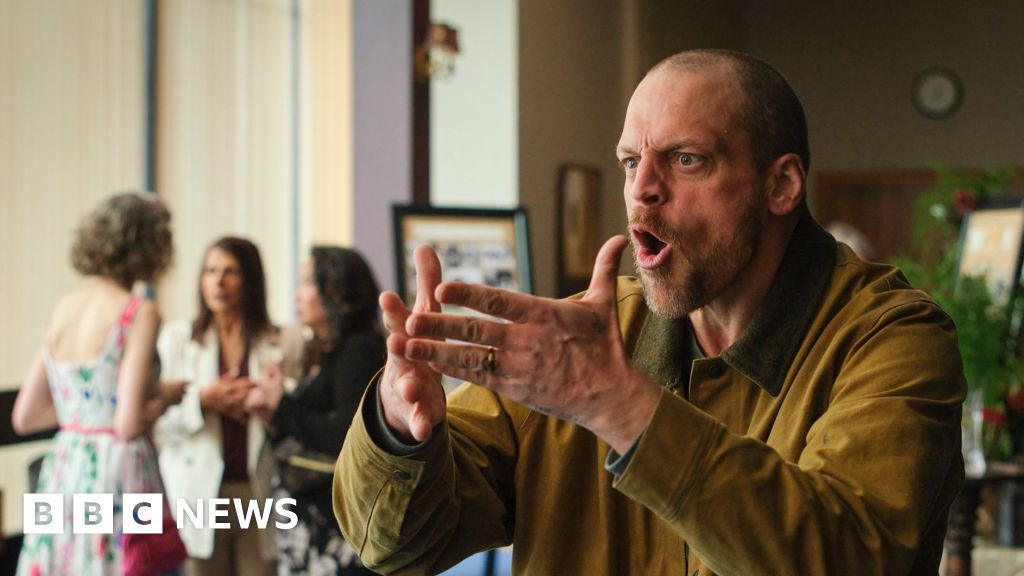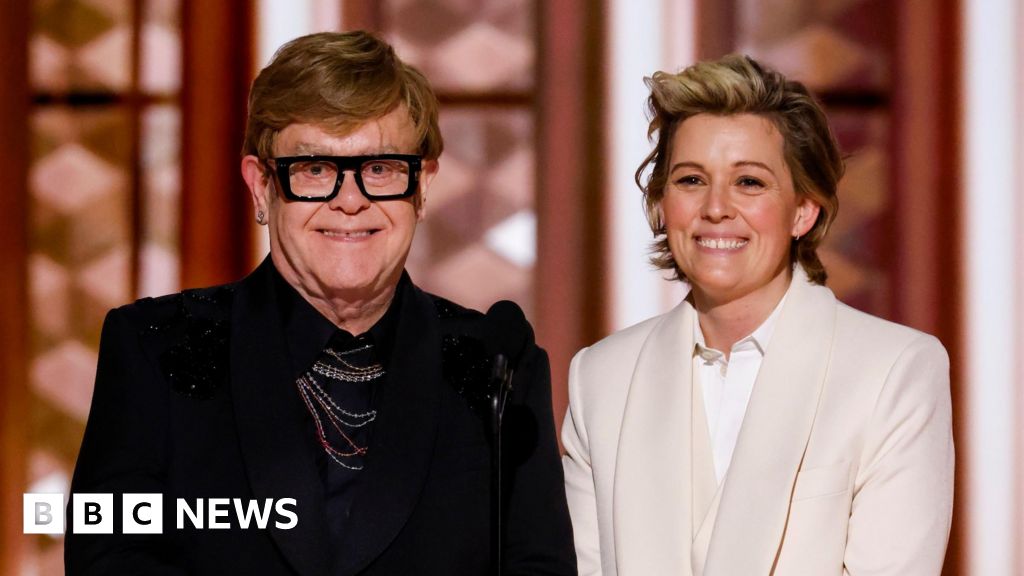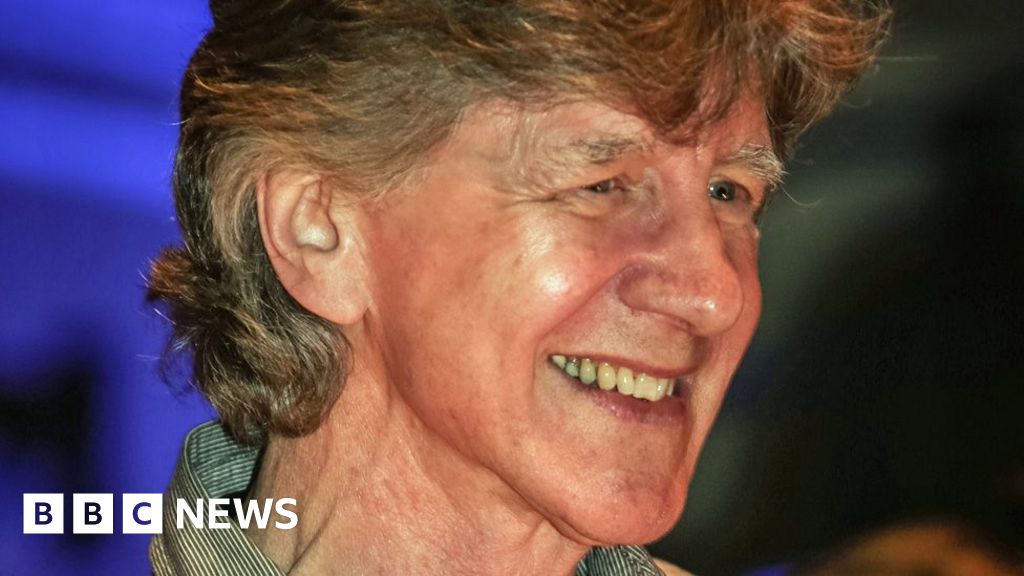ARTICLE AD BOX
By Mark Savage
BBC music reporter
image source, PA Media
image captionBjorn Ulvaeus said there was "no excuse" for record labels not to credit writers properlyAbba star Bjorn Ulvaeus has launched a campaign to ensure musicians don't miss out on millions of pounds in royalties.
Called Credits Due, the scheme aims to ensure all songwriters and musicians are correctly identified when a song is recorded.
At present, missing and incomplete data means that about £500m is unallocated or misallocated globally every year.
"It happens frequently," Ulvaeus told the BBC. "Which means that streaming services don't know who to pay."
The scheme will also ensure fans see the correct credits for songs - from the writers and producers to the session musicians and engineers.
"We want to get back to that experience we had when we opened a double-sleeved LP and listened to the songs while reading the liner notes," Ulvaeus explained. "I think that's a very valuable experience that young listeners today are missing."
The scheme will ensure that every person who is involved in the creation of a song will be "clickable in the digital liner notes", allowing you to look up every other record they have worked on.
"Every new person that walks into the recording studio will be registered," Ulvaeus said. "So, even in a symphony orchestra, every member will be clickable."
The Abba star launched the scheme at Tuesday's Ivor Novello Awards in London - which recognise the contribution of songwriters. Among the attendees, there was widespread support for the idea.
"I think it's really important because there's lots of people behind the scenes that don't get the credit they deserve," said singer Emeli Sande.
"You've got musicians that have practised and refined their art for their whole lives - so yeah, I'm very happy to support Bjorn."
Songwriter MNEK, who has penned hits for Little Mix and Beyoncé and scored his own number one single last year with Head and Heart, said: "I think it highlights that more that goes into making music, than just being a pop star."
'What a mess'
The Credits Due campaign tackles one of the most boring, broken, complex and crucial problems facing the music industry: metadata.
When a song is released, either on CD and vinyl or on a streaming service like Spotify, it includes a huge amount of underlying information, including titles, alternative titles, featured artists, songwriter and producer names, publishers, and much more.
That information needs to be synchronised with databases around the world to make sure the right people get paid when a song is streamed, bought or played.
Often, that doesn't happen - and with 60,000 new songs uploaded to Spotify every day, the problem is growing. "Can you imagine what a mess it is?" asked Ulvaeus.
The new scheme is backed by The Ivors Academy for songwriters and The Music Rights Awareness Foundation, which Ulvaeus founded with songwriters Max Martin and Niclas Molinder in 2016.
Together they are launching an app to help songwriters, producers and record labels gather all the necessary data before a song is released.
"It's in the interest of all these people to get it right," said Ulvaeus. "Today, in 2021, there's really no excuse."
image source, Baillie Walsh
image captionAbba have filmed performances in motion capture suits, enabling the digital avatars to mimic their movementsThe star was speaking three weeks after Abba unveiled their comeback - with a new album and a virtual tour that will launch in the UK next March.
Their return, after a 39-year break, was met with a rapturous reception around the world. Two new singles, Don't Shut Me Down and I Still Have Faith In You, entered the UK top 20, while the Abba Voyage album broke pre-sale records.
"I didn't anticipate it being so global," said Ulvaeus. "How that happened, I don't know. But I'm very grateful."
He explained that the concert will feature a mixture of live music and pre-recorded elements, with a live band augmenting the "Abba avatars" on stage.
Some of the songs may sound different - singers Agnetha Faltskog and Anni-Frid Lyngstad now sing "one tone lower than they used to" - but he said the group "laughed all the time" during rehearsals.
Follow us on Facebook, or on Twitter @BBCNewsEnts. If you have a story suggestion email entertainment.news@bbc.co.uk.

 3 years ago
48
3 years ago
48








 English (US) ·
English (US) ·